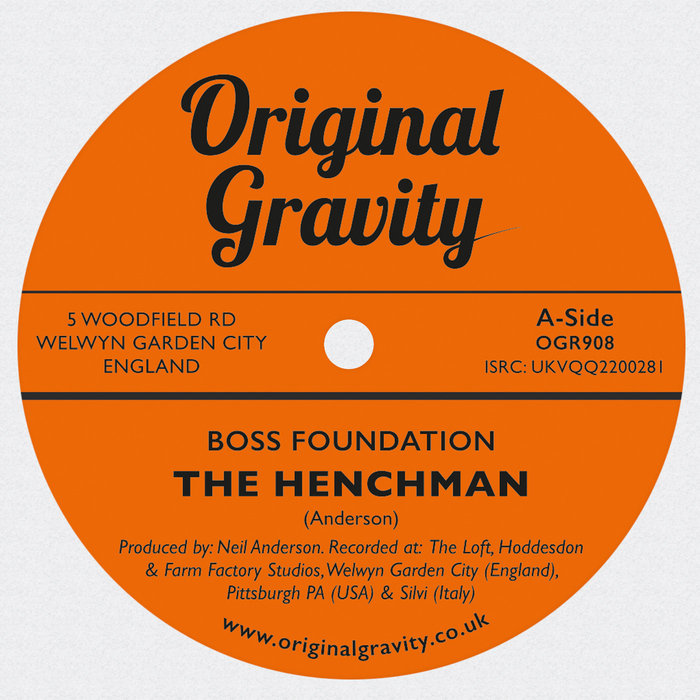
The Henchman – Boss Foundation
this blog is GROOVY – check out great Soul, Funk, Jazz, Hip Hop, Bass, Breaks , Reggae, House n many more TUNES
Ah, skinhead reggae! A vibrant fusion of culture and sound that emerged from the streets of London in the late 1960s. This genre is more than just music; it’s a beautiful tapestry woven with the threads of Jamaican ska, rocksteady, and an unmistakably British twist. So let’s lace up our Doc Martens and dive into this funky history—no frills, just thrills!
Skinhead reggae finds its roots in Jamaica’s lively music scene. The first wave? Ska! Originating in the late 1950s, ska came bursting forth with upbeat rhythms perfect for dancing. Then came rocksteady—a slower tempo that laid down some sweet basslines. By the time reggae hit the shores of Britain in the mid-’60s, it was ready to groove with a uniquely British flavor.
Enter stage left: The Skinheads! In late ’60s London, a fashion-loving youth subculture emerged among working-class lads who were inspired by their Jamaican friends and the burgeoning sounds echoing through clubs like The Brattle Street Club (now known as The Electric).
Skinheads embraced many aspects of Jamaican culture—from fashion (hello, wide-brimmed hats!) to dancehall vibes—but they also mixed them up with their own British working-class influences. And it created something magnificent!
Let’s be clear: while skinhead reggae had close ties to various political movements—not all skinheads sang from the same song sheet! Many were about unity and love for good tunes over any divisive ideology.
The sounds we now know as skinhead reggae often featured artists like Desmond Dekker, whose hit “Israelites” topped charts globally; or Toots and The Maytals, these legends brought infectious beats that still get folks moving even today.
But don’t forget about classics like Jimmy Cliff—his smooth vocals backed by sweet riddims opened doors for future generations of musicians. Plus, let’s sprinkle some fun facts into this jam session:
Desmond Dekker’s International Hit: Did you know Desmond Dekker was one of the first Jamaican artists to have an international hit? His track “007 (Shanty Town)” made waves not just on local airwaves but around global radios too!
Skinhead Fashion: Skinheads popularized certain looks—like braces (that’s suspenders for you across-the-pond pals) paired with shaved heads and steel-toed boots—but here’s a quirky tidbit: Many early skinheads wore floral prints as a nod to their Caribbean inspirations!
Madness & Specials Connection: Some well-known bands from this era would go on to become mainstream hits—the likes of Madness or The Specials are prime examples—and they carried along snippets from that original skinhead vibe without losing that cheeky touch.
Reggae-Inspired Punk Rock: Fast forward into punk rock days — many bands took inspiration directly from these groovy rhythms – look at how songs morphed into wild expressions while keeping those roots intact!
As disheveled hair gave way to polished crowns behind beer-soaked bars filled with syncopated beats galore — places like King Tubby’s studio became hubs where budding talents could lay down tracks that married two worlds beautifully together.
By 1970–1975 countless clubs throughout London buzzed only louder as albums flew off shelves—it really wasn’t hard finding jams bumping at gatherings sprouted right outta backyards either!
And yes—festivals began sporting stages featuring acts newly infused with classic styles combined fresh innovations leading us towards exciting explorations yet unseen before hand… more grooviness ahead!
Picture this—a young musician rolls into rehearsal wearing bright blue platform shoes thinking he’d start something new… only later realizing he could barely balance on those things while trying not fall flat during rehearsals – laugh-out-loud worthy indeed at times like these within band life comedy central show style moments happening everywhere after midnight sessions turned ever-expressive collective creativity turning live performances unforgettable magic each night whenever possible…
Fast-forward through decades past those glory days—we find echoes alive today still pulsating strong within modern genres inspiring everything under sun fused alongside hip-hop grooves reaching global audiences cross cultures bringing stories alive sometimes hilariously so depending which regions they come alive…
Today we see contemporary artists drawing influence from legendary skins emphasizing beats once lost making sure no one forgets where it all began letting everyone join party atmosphere regardless background race creed color OR hairstyle choice open arms welcome dancers alike wherever found whether short long bald colorful shaped however grocery store favorite fruit represented today dancing away full swing joyous energy communal gathering vibes passing experience down lifelong memories afterwards indeed echoed belly laughs shared upon recalling epic moments happened throughout vast timeline nostalgia forever imbued amongst eclectic fan bases worldwide celebrating diversity triumphantly standing united fueled passion overall rhythm till last beat fades away gently fading lights goodbye until next adventure best remembered forthwith…
So there you have it—the funky chronicles of skinhead reggae laid down before you! From its birth through cultural exchanges thriving beyond borders stemming deep-set pride embracing joyful celebrations harmonizing social elements collectively weaving vibrant community spirit radiating warmth onto dance floors basking freely shared happiness always timeless compelling reminders tells tales enabling connection continually enriching lives across ranges bringing people closer together staying focused real core messages inside every beat pulse surrounding truly outweigh preconceptions emanate undeniably powerful force resonating deeply straight hearts souls each cadence traveled journey shall never stop illuminating pathways hope collaboration driven pursuits connecting everybody beneath shimmering stars above unwavering faith strive make world better yet brighter place turning doubts dreams reality relentlessly rocking onward seeking true essence rhythm fills life joyously endlessly marvelous ways…

The Henchman – Boss Foundation
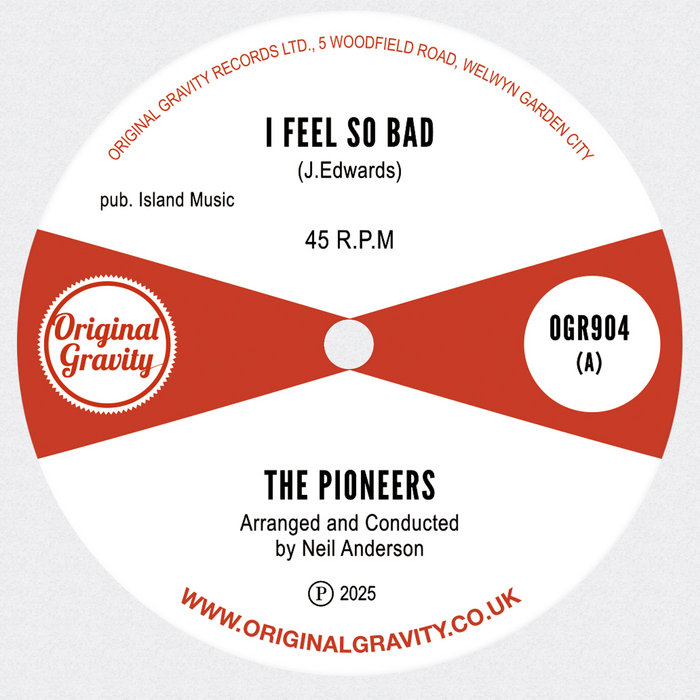
I Feel So Bad – The Pioneers
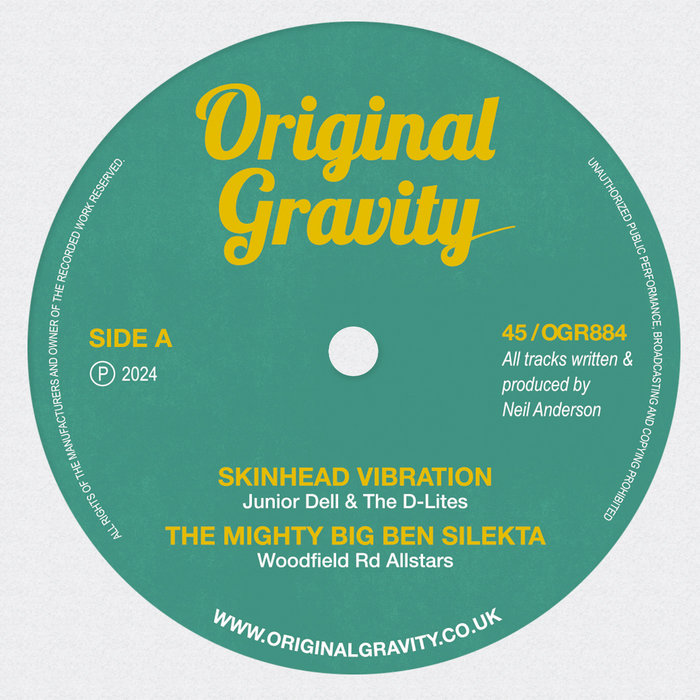
Skinhead Vibration – Junior Dell & The D-Lites
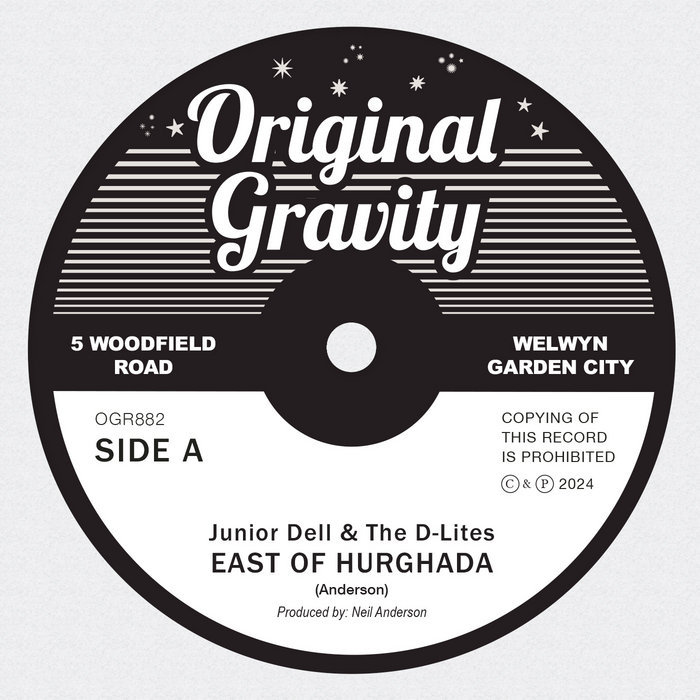
East Of Hurghada – Junior Dell & The D-Lites
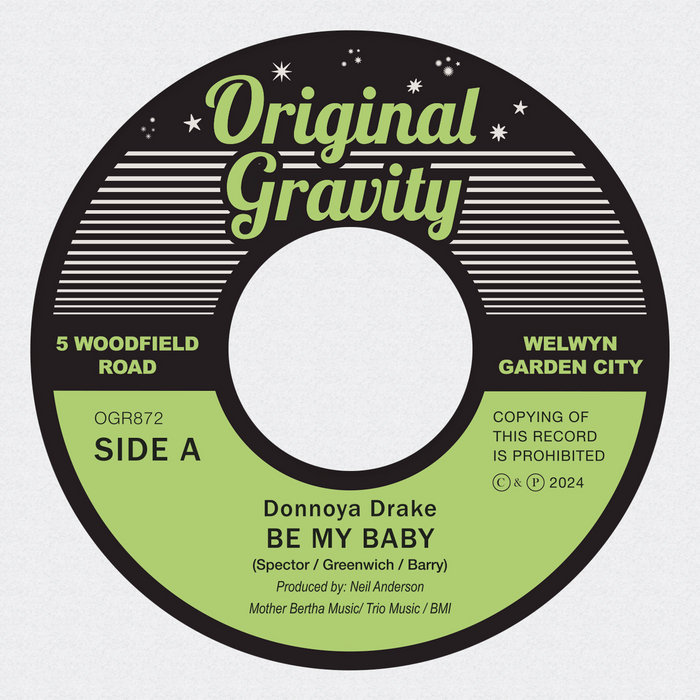
Be my Baby – Donnoya Drake
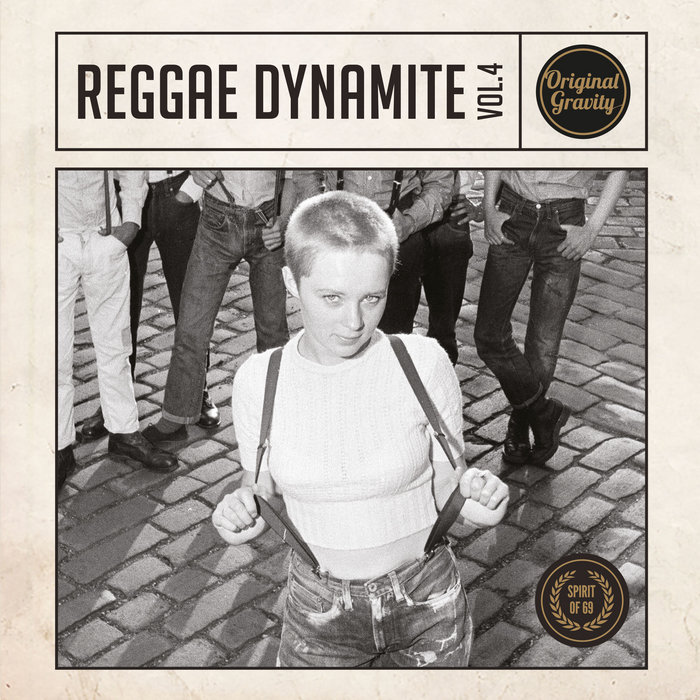
Reggae Dynamite Vol.4 – Various Artists
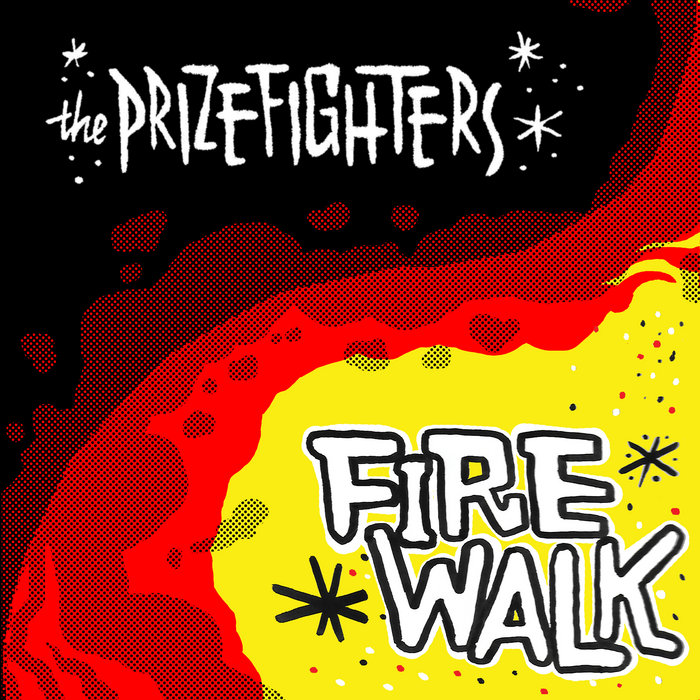
Burnt Toast and Black Coffee – The Prizefighters